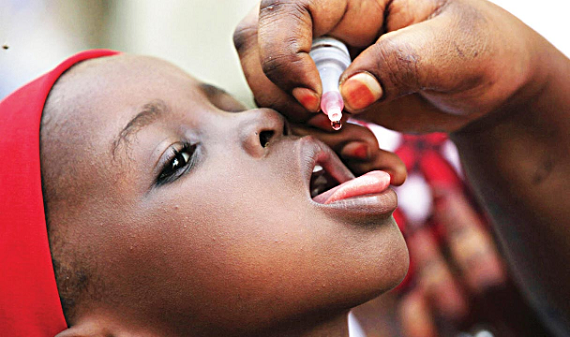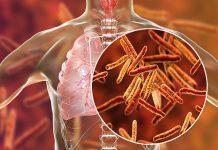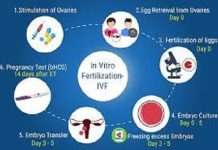
The National Primary Health Care Development Agency (NPHCDA) says 189,310 children in the South-West geopolitical zone lack access to or were never reached by routine immunisation from January to June 2023.
The agency’s executive director, Faisal Shuaib, made this known during Tuesday’s quarterly review meeting of the South-West Traditional Leaders Committee on Primary Health Care Delivery (SWTLC).
Describing them as “zero dose children,” Mr Shuaib said, “Lagos has the highest count, with 79,279 zero dose children, followed by Oyo State with 53,812 children, Ondo State with 30,280 children, Osun with 19,737 children, Ogun with 3,204 children, and Ekiti with 2,998 children.”
The NPHCDA boss said the children never received any form of vaccination effort.
The executive director also urged the traditional rulers to emphasise to their subjects the significance of regular immunisation and other primary healthcare services to parents and caregivers.
He added that immunisation to eradicate all forms of vaccine-preventable diseases remained the agency’s top priority.
“With your support, we achieved remarkable milestones, witnessing a significant decline in cases of circulating variant poliovirus type 2.
“We must persistently labour until we reach the finish line, ensuring that future generations are shielded from debilitating diseases, especially the vaccine-preventable ones.”
He explained that the federal government, in collaboration with development partners, would be introducing the Human Papillomavirus (HPV) vaccine by September to address cervical and other types of cancers.
On his part, the acting governor of Ondo, Lucky Ayedatiwa, said the state often collaborates with the federal government and development partners to implement immunisation, nutrition, disease surveillance, and school health programmes.
He described traditional rulers as gatekeepers of communities, saying they are uniquely positioned to promote health-seeking behaviours among their subjects.
Earlier, the Ooni of Ife, Oba Adeyeye Ogunwusi, said traditional rulers have a role to play in ensuring that their respective domains are healthy, hence the need to engage in the basic health system.
He explained that the forum would allow traditional rulers to deliberate on advancing good health among their subjects.
The Deji of Akure, Oba Aladetoyinbo Aladelusi, said the primary healthcare system had addressed and prevented many deadly diseases in the country.
(NAN)












